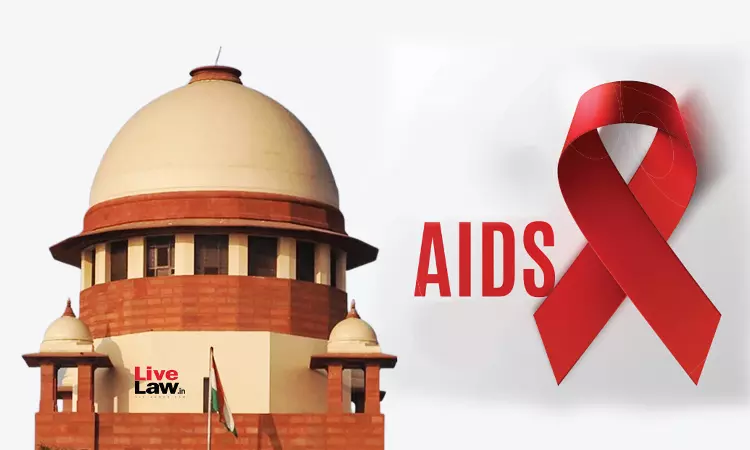The Supreme Court has directed all States to respond to concerns relating to periodic stockouts, transparency in tendering and procurement, and drug quality and certification processes of the of Anti-Retroviral Therapy (ART) drugs for People Living with HIV/AIDS (PLHIV). A bench of Justice Abhay Oka and Justice Ujjal Bhuyan ordered the States to file affidavits addressing six issues detailed...

